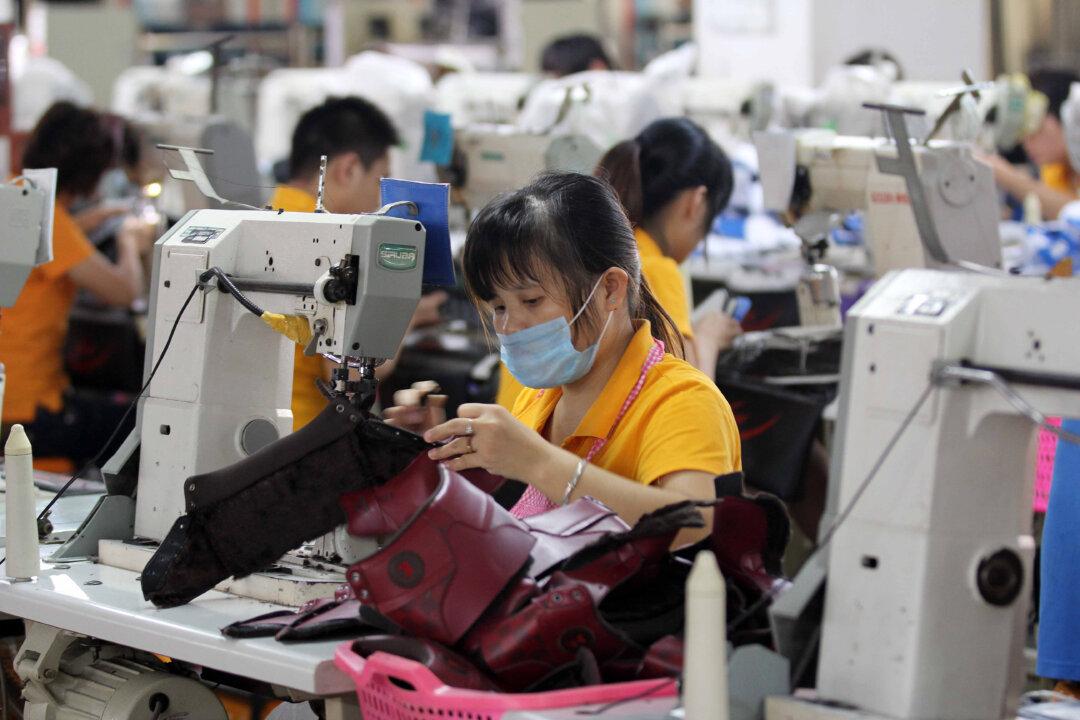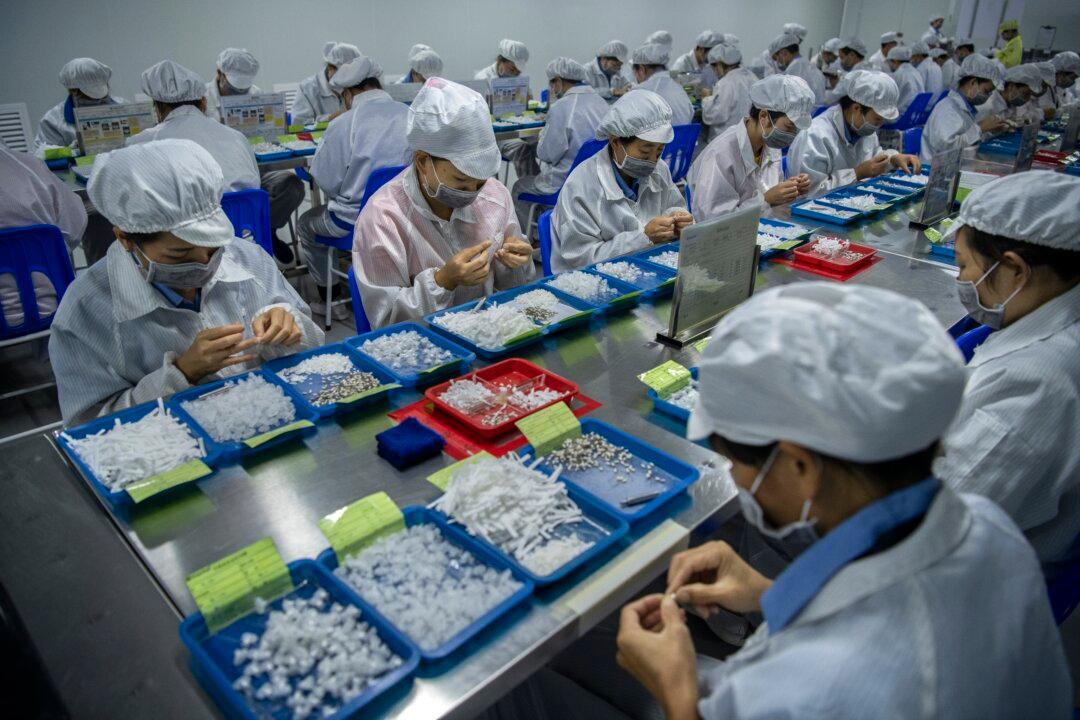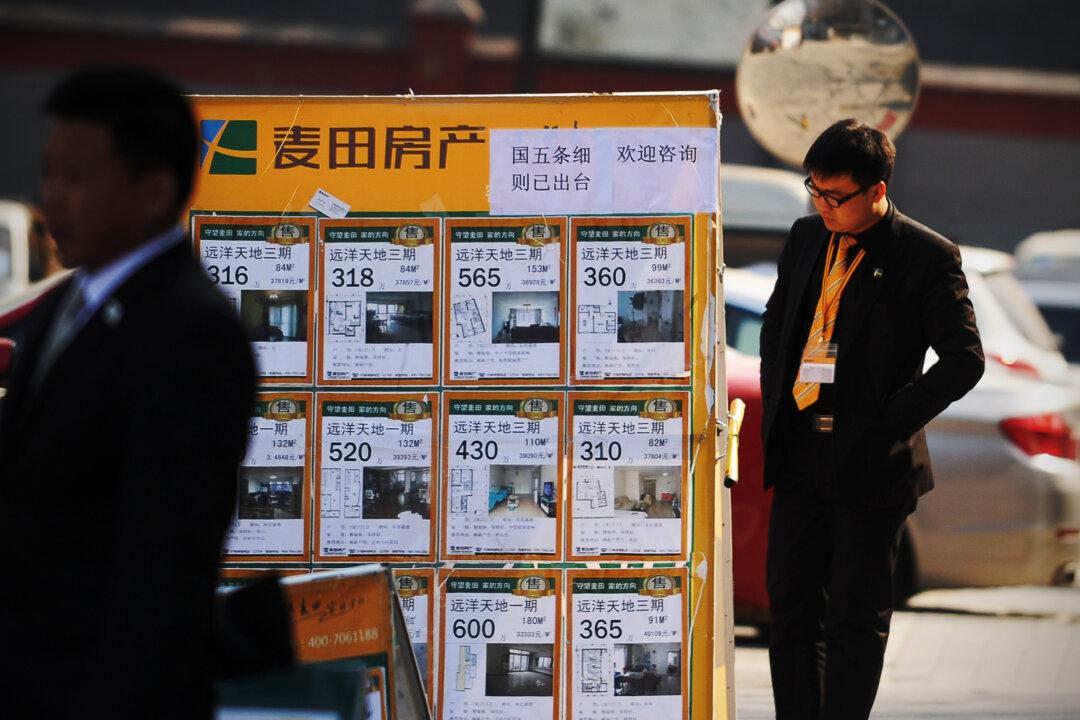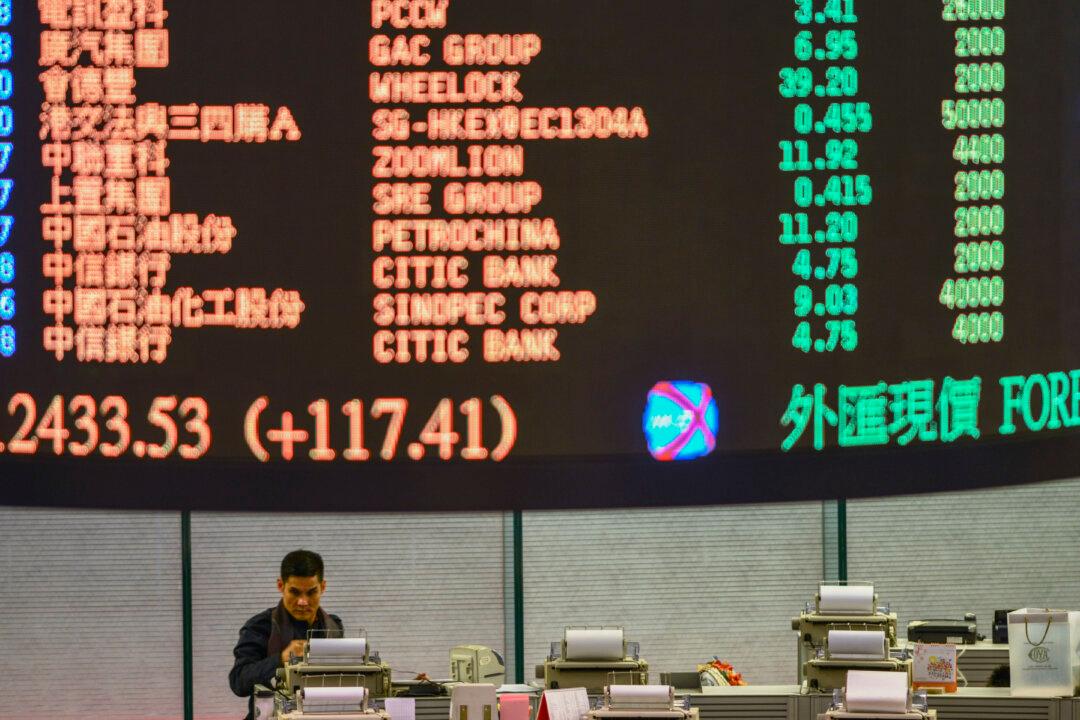An increasing wave of original equipment manufacturers in China declared bankruptcy, shut down, or moved out of the country in the second half of 2014, according to state-run media. China’s reputation as “world’s factory” is fading as the industry faces a harsh downturn.
Two well-known large-scale original equipment manufacturers—that is, companies that make products that are then sold under another brand—in Suzhou City in China’s southeastern Jiangsu Province tumbled down in December, state-run China National Radio reported.
Taiwan-funded United Win Technology Limited in Suzhou announced their bankruptcy on Dec. 5. The company once had over 20,000 employees during its high time. Only 3,000 employees were left at the time of bankruptcy. The company once worked for Apple Inc. and then for Chinese smartphone company Xiaomi Inc. for a few years.
China’s Reputation as ‘The World’s Factory’ Fades
China’s reputation as “world’s factory” is fading as the industry faces a harsh downturn. An increasing wave of original equipment manufacturers in China declared bankruptcy, shut down, or moved out of the country in the second half of 2014

Laborers work in a shoe factory in Jinjiang, south China's Fujian province on Sept. 17, 2013. STR/AFP/Getty Images
|Updated:
China's cost of labor is rising due to inflation.



